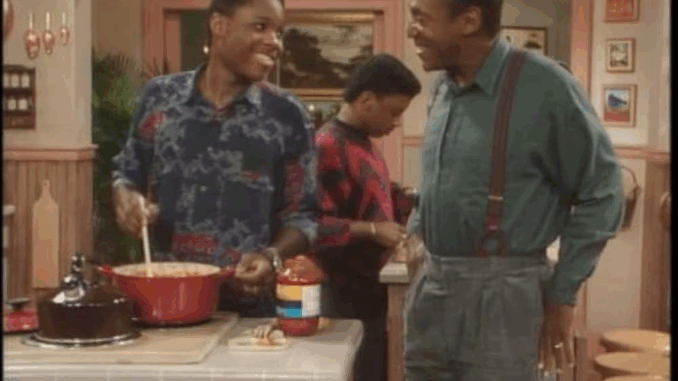
In the golden age of television sitcoms, The Cosby Show stood out not just for its humor, but for its powerful impact on American culture. Airing from 1984 to 1992, this iconic series didn’t just entertain—it reshaped the narrative of Black family life on screen and challenged long-standing stereotypes. Decades later, The Cosby Show remains a landmark in TV history.
A Sitcom That Redefined Representation
Before The Cosby Show, mainstream television rarely portrayed African-American families as educated, stable, and thriving. The Huxtables—a successful, upper-middle-class Black family living in Brooklyn—broke that mold. Cliff Huxtable, a witty obstetrician played by Bill Cosby, and his wife Clair, a sharp and elegant attorney played by Phylicia Rashad, raised their five children with love, discipline, and humor.
This representation was revolutionary. The show showcased Black excellence, intelligence, and warmth, helping millions of viewers—regardless of race—see African-American families in a new light.
Cultural Impact Beyond Ratings
Not only was The Cosby Show a ratings giant—it held the No. 1 spot in the Nielsen rankings for five straight seasons—but it also influenced real-life conversations. Universities saw increased enrollment among Black students, in part due to the show’s positive portrayal of higher education. The show made jazz music popular among young audiences, introduced African art into mainstream homes, and even opened doors for future Black-led series like The Fresh Prince of Bel-Air and Black-ish.
Criticism and Controversy
While the show’s legacy remains influential, it’s impossible to ignore the shadow cast by allegations and legal issues surrounding its star, Bill Cosby. For many fans, this complicates the legacy of a show that once symbolized hope and progress. Still, The Cosby Show as a cultural product stands apart from the man behind it, continuing to spark debate on how we separate art from the artist.
A Legacy That Lives On
Even amid controversy, The Cosby Show’s contributions to television cannot be denied. It paved the way for greater diversity and inclusion in media, and its storytelling remains a reference point for family-centered comedies today.
Whether you’re watching it for the first time or revisiting it with nostalgia, The Cosby Show offers more than laughs—it offers a look at a turning point in American television history.